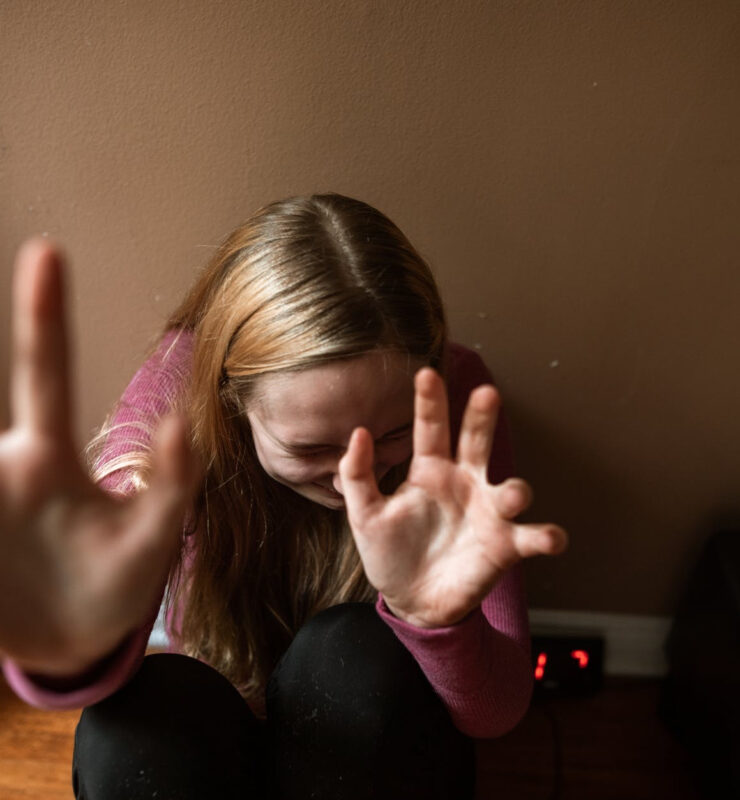Join our virtual Journal and Book Club on Telegram with meetups on Zoom and post your comments and chat in Telegram after reading the whole article. Here is a quote to inspire you to read the rest.
A crucial but often overlooked impact of early life exposure to trauma is its far-reaching effect on an individual’s relationship with their body (Van der Kolk, 2006, 2014). This subject regained some attention with the neurobiological emphasis on the importance of signalling body-related phenomena in order to enhance self-regulation and control (Van der Kolk, 2006). A central element in narratives of early-traumatized people is their lack of body ownership. The experience of the body as ‘my body’ is acquired in early development and is based on physical experiences and accompanying clear definitions of boundaries between self and others (Straus, 1988). As interpersonal processes between children and the people in their environment are conditions for the construction of a coherent body image, which may be severely impaired by threats to the physical integrity and/or violations of body (Sack, Boroske-Leiner, & Lahmann, 2010). Furthermore, memories of traumatic experiences, which are often body-related, may lead to rejection of and withdrawal from the body, and to a loss of contact with the body (Petzold, 1996). As a consequence, traumatized individuals often find it difficult to attend to inner sensations and perceptions and sometimes even deny any somatic awareness (Price, 2005; Van der Kolk, 2006).
Scheffers et al 2017
